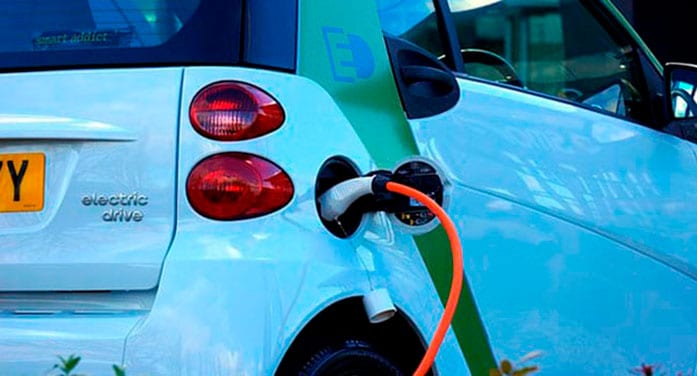 Political pundits, politicians and talking heads in the media for the most part spend very little time watching for disruption and innovation in the marketplace.
Political pundits, politicians and talking heads in the media for the most part spend very little time watching for disruption and innovation in the marketplace.
A global consensus has formed that oil as a form of transportation energy should become a stranded asset.
Alberta’s vast lithium reserves mean the province can forget about yesterday and focus on the now – if the province understands what ‘the now’ really means for the global economy.
The European marketplace has fully embraced electric vehicles. For example, in Norway in December 2020, 87 per cent of all new vehicles sales registered were electric vehicles.
Alberta has a chance to satisfy this global hunger for electric vehicle batteries with lithium to be found in the province.
Approximately 10.6 million tonnes of known lithium carbonate equivalent has been identified in Alberta, according to the Canadian Lithium Association. No doubt there are other significant, rich lithium deposits yet to be discovered in the province. That’s because few people believed that electric vehicles sales would take off in the way that they have in the last 18 months.
 |
| RELATED CONTENT |
| Alberta-based Quantum Silicon Inc. is ushering in the future of electronics By Michael Brown |
| Researcher aims to squeeze extra life out of lithium ion batteries By Bev Betkowski |
| Canada’s electric vehicle ambitions are pure foolhardy fantasy By Gwyn Morgan |
Until now, the problem has been that lithium found in oil sands operations for the most part winds up in wastewater. No one was really thinking through how valuable this waste product was.
But the lithium industry has found ways to extract the substance from oil sands wastewater – and turn the effluent into usable water.
Electric vehicle maker Tesla is getting ready to release a $25,000 car in 2022 with the 4680 dry-cell batteries developed in Canada.
General Motors plans to release 30 new electric vehicles over the next four years. Volkswagen is walking away from gasoline. The mighty Ford F-150 pickup truck is going electric, as is the Mustang.
In a world that’s responding to the threat of human-induced climate change, the use of oil as a transportation fuel will not only decline. And the rate of decline will only accelerate.
Countries like Sweden, the Netherlands, Norway and Iceland are adopting electric vehicles in a manner that no one could have predicted just 18 months ago – and the global rate of change is about to be turbocharged.
A list of countries – at 25 and growing – have agreed to some form of a phase-out of fossil fuel vehicles starting in 2024 though 2040. The list includes the United Kingdom, Republic of Ireland, Germany and Israel by 2030, and Norway and Belgium by 2025.
This phase-out will only speed up the adoption of electric vehicles, which means Alberta and Canada needs a plan.
It’s time Alberta forget yesterday and focus on now. The provincial and federal governments need to develop a national mining strategy so Canada can supply the global market with the ingredients needed for electric vehicle batteries.
Clinton Desveaux writes on electric vehicles and disruption issues. He lives in Halifax.
For interview requests, click here.
The opinions expressed by our columnists and contributors are theirs alone and do not inherently or expressly reflect the views of our publication.
© Troy Media
Troy Media is an editorial content provider to media outlets and its own hosted community news outlets across Canada.

